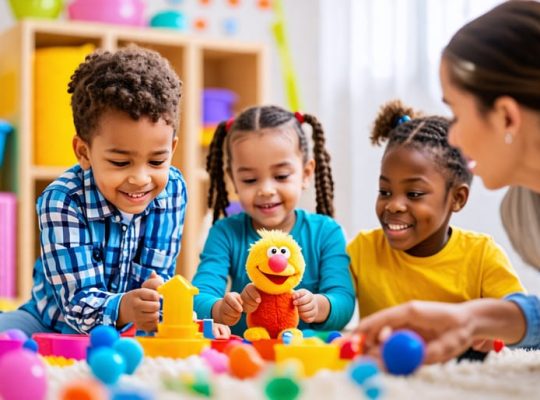Is Social Media Destroying Your Teen’s Mental Health? 7 Red Flags to Watch For
Consider this hard-hitting introduction for your article on the impact of social media on teen mental health:
Scrolling endlessly, comparing themselves to unrealistic ideals, seeking validation from “likes” and followers – today’s teenagers face unprecedented mental health risks from their immersion in the digital world of social media. Behind the carefully curated posts and filtered photos lurks a far grimmer reality: skyrocketing rates of anxiety, depression, body image issues, and even suicidal thoughts among teens hooked on online social networks. The pervasive pressure to project perfection, the FOMO-…










